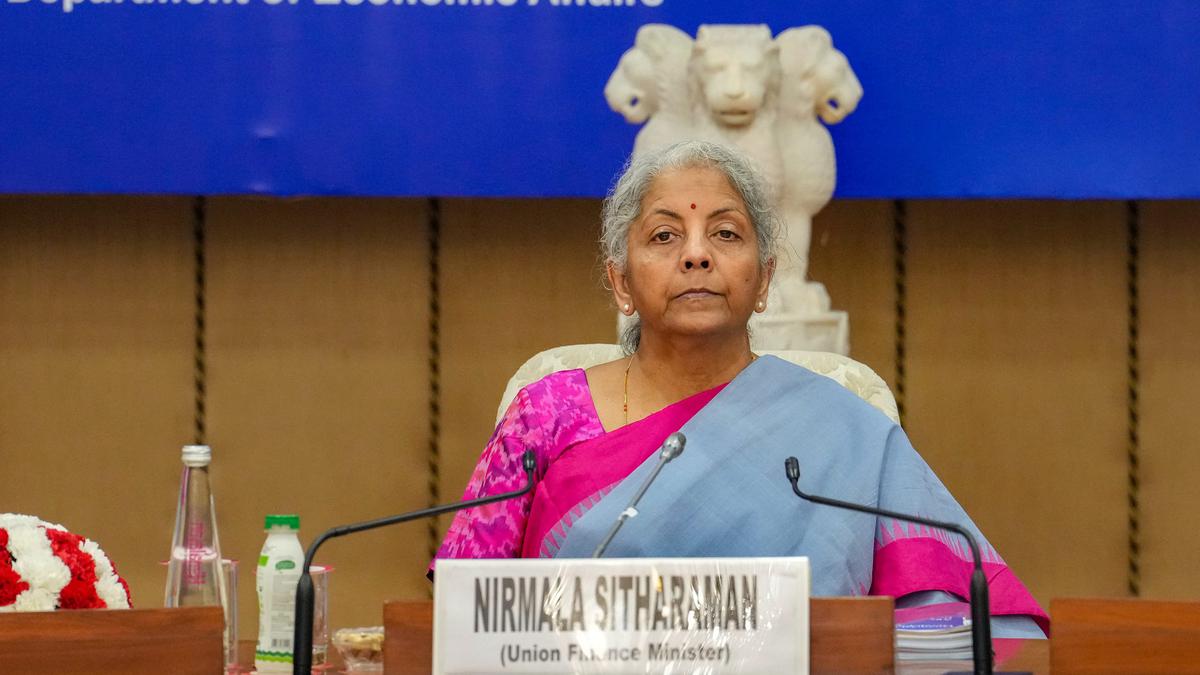
Some GST registrations done through ‘identity theft’, Nirmala Sitharaman calls for stronger processes
The Hindu
Union Finance Minister Nirmala Sitharaman on June 16 called for tightening the registration process for entities in the Goods and Services Tax (GST) regime in order to keep out “fake” firms, some of which had even resorted to “identity theft”.
Union Finance Minister Nirmala Sitharaman on June 16 called for tightening the registration process for entities in the Goods and Services Tax (GST) regime in order to keep out “fake” firms, some of which had even resorted to “identity theft”.
While taking stock of an ongoing two-month drive by the Central Board of Indirect Taxes and Customs (CBIC) against fake billing done with the aim of evading GST dues, the Minister was informed that as many as 11,140 “fake registrations” had been identified already, and action initiated against them.
Revenue Secretary Sanjay Malhotra and CBIC chairman Vivek Johri apprised Ms. Sitharaman of the modus operandi adopted by unscrupulous elements to register under the GST framework, which included “identity theft of people”.
Ms. Sitharaman “took note of the existing measures being undertaken by the ministry like OTP [One Time Password]-based verification of Aadhaar and pilot of biometric-based Aadhaar authentication at the time of registration in high risk cases”, the Finance Ministry said.
While Artificial Intelligence and Machine Learning tools are also being extensively used to identify possible fake networks, the Finance Minister instructed officials to further “strengthen” the registration process to curb the entry of such fake entities in the GST ecosystem.
Ms. Sitharaman also pitched for a nationwide campaign to explain the objectives of the special drive to weed out fake entities. The Revenue department’s drive to tackle GST evasion and fake registrations will continue till July.
A new return scrutiny system has already been introduced to prioritise cases with higher revenue implications for the attention of tax sleuths. Further, e-invoicing has been made mandatory for all firms with an annual turnover of more than ₹5 crore from August 1 to tighten possible loose ends in the value chain.











